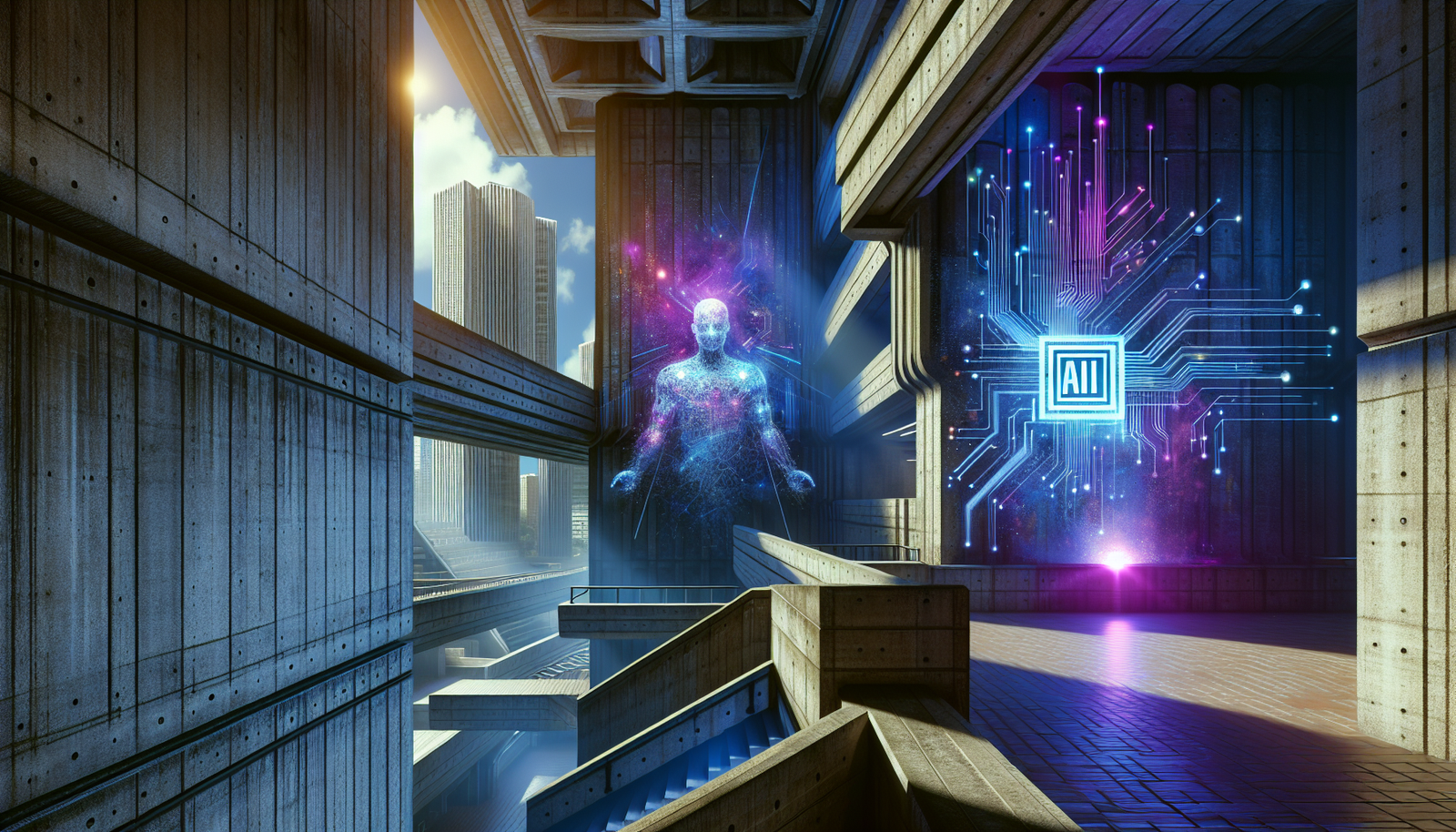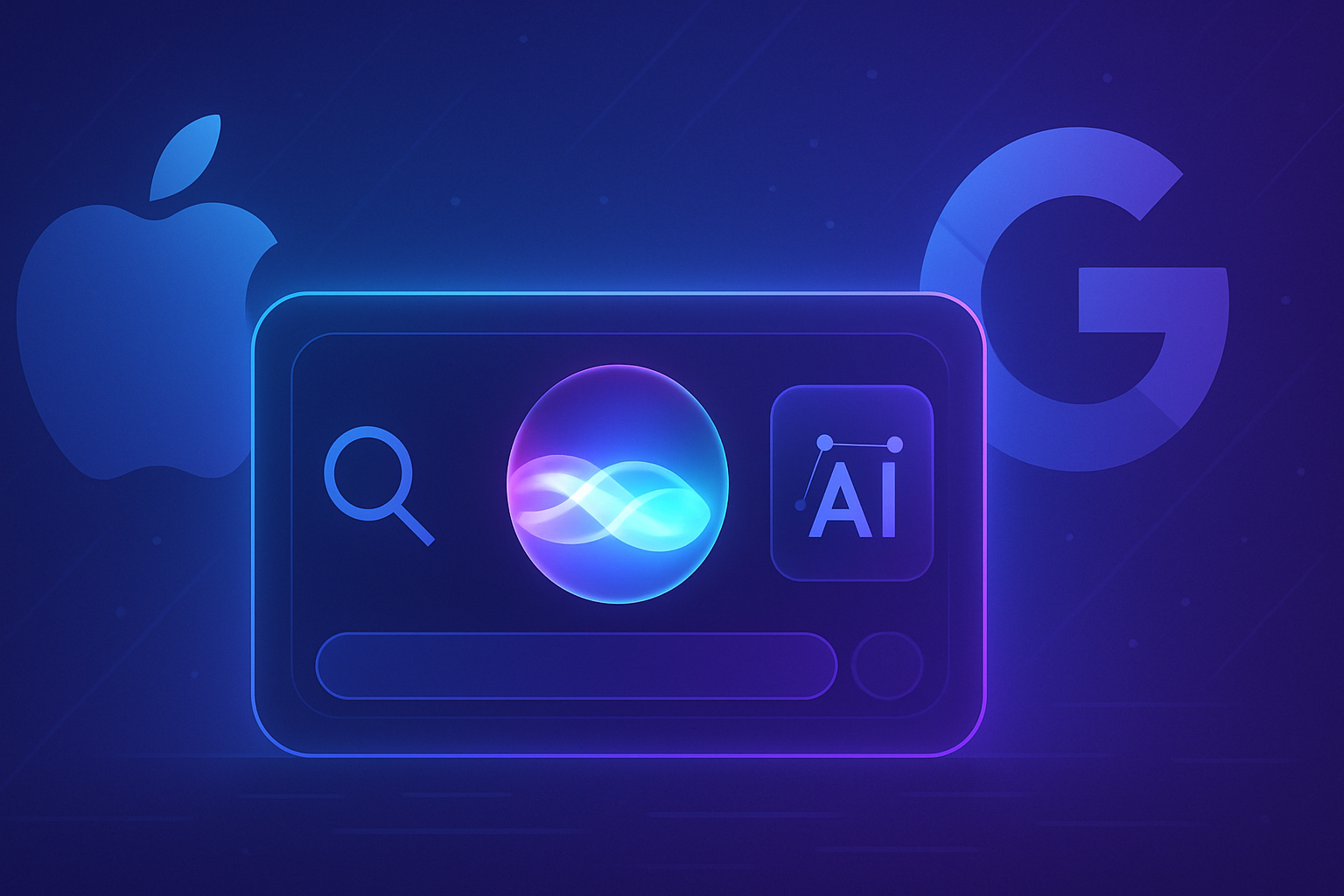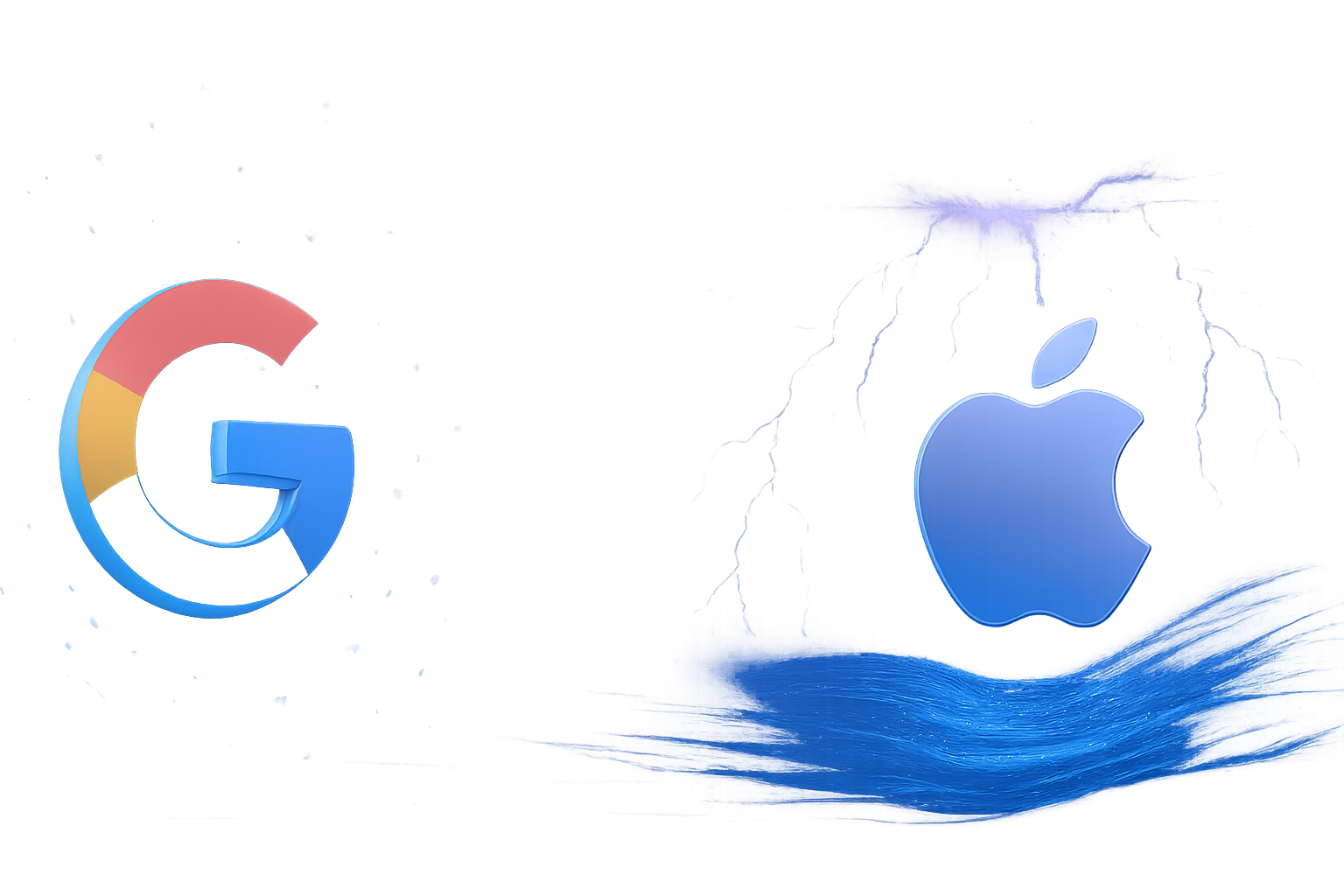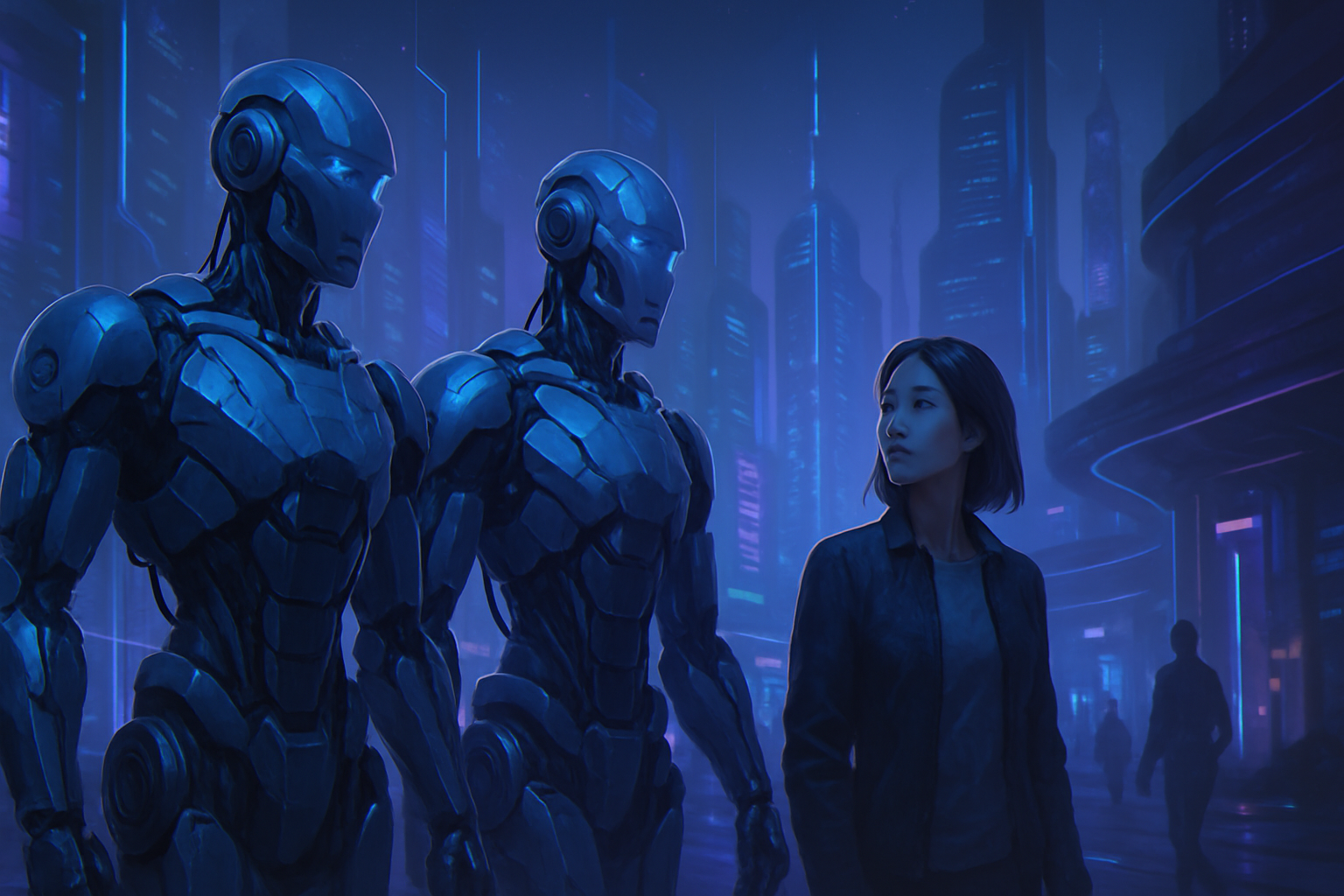Artificial Intelligence stands at the heart of contemporary debates, fascinating and provoking at the same time. Brady Corbet, in his film *The Brutalist*, profoundly questions our relationship with this technology. A controversial process was employed to refine the dialogues, undermining the authenticity of the performances. This artistic choice raises questions about the integrity of cinematic creation. *The implications on the perception of art* go far beyond this feature film. Corbet’s bold vision deserves careful and nuanced analysis.
The use of Artificial Intelligence in “The Brutalist”
The recent release of the film The Brutalist has sparked controversy within the film community. Directed by Brady Corbet, the film revealed that artificial intelligence was employed to improve certain dialogues, particularly those in Hungarian, performed by Adrien Brody and Felicity Jones. The film’s editor, Dávid Jancsó, detailed this process, indicating that the dialogues were retouched after a first studio recording attempt deemed insufficient.
A mixed reaction
The revelation about the use of AI to retouch the dialogues triggered a wave of criticism, sparking a debate on the authenticity of the actors’ performances. Proponents of this technique insist on the lightness of this intervention, explaining that only a few letters were adjusted to improve clarity. The team’s goal was to ensure that even native speakers would not detect any difference.
The director’s defense
In light of this controversy, Brady Corbet spoke out publicly. In a statement, he asserted that the authenticity of Adrien Brody and Felicity Jones’s performances had been preserved. For him, the use of AI was limited to the refinement of the dialogues in Hungarian, with no impact on the performances in English. He made it clear that any adjustments were made manually, in partnership with Respeecher, a company specializing in voice technology.
Authenticity in all circumstances
Corbet emphasized that there was no intention to alter the authenticity of the performances of Adrien Brody and Felicity Jones. The use of AI could in no way replace their sustained efforts, notably intensive training with a dialect specialist to perfect their accents. Preserving the artistic integrity of the actors has always been a priority for the director.
The repercussions on the film’s legitimacy
The controversy intensified, with some viewers expressing doubts about the legitimacy of The Brutalist at the Oscars. Criticism on social media emerged, with many questioning the ethics of using AI technologies to modify performances. One user pointed out that the use of artificial intelligence raises questions about the intrinsic value of artistic creations in the future.
Awards and distinctions
Despite the controversies, the film has already won several awards, including the Silver Lion for Best Director at the 2024 Venice Film Festival. Additionally, at the Golden Globes, particularly in the Best Dramatic Actor category for Adrien Brody, the film received positive critical reception, reflecting the quality of the direction and performances.
The impact of AI on cinema
Beyond this controversy, the way artificial intelligence is integrated into the filmmaking process raises questions about the future of the industry. This technology could enrich the creative process or, conversely, create a gap between artistic authenticity and technical solutions. In some cases, filmmakers aim to explore the boundaries of creativity, while others feel growing pressure to adopt these tools, seen both as advantages and threats.
FAQ about Artificial Intelligence in “The Brutalist”
What is the role of Artificial Intelligence in the film “The Brutalist”?
Artificial Intelligence is used to retouch dialogues in Hungarian in the film, in order to improve the accuracy of the performances of actors Adrien Brody and Felicity Jones.
Why did director Brady Corbet decide to use Artificial Intelligence for editing?
Brady Corbet chose to integrate AI to refine the dialogues in Hungarian without compromising the actors’ performances. The goal was to achieve a result that would not betray the accents and authenticity of the interpretations.
How was AI applied in the post-production process of “The Brutalist”?
AI was applied subtly, by replacing certain vowels and letters in the dialogues, which helped improve the fluency while preserving the actors’ performances.
What criticisms have been raised regarding the use of AI in “The Brutalist”?
Critics question the artistic integrity of the film, challenging the legitimacy of awarding modified performances by AI, particularly concerning awards at the Oscars and Golden Globes.
Does the use of AI in “The Brutalist” have implications for the future of cinema?
Some people fear that the integration of AI into the creative process could lead to a standardization of performances and a devaluation of artistic authenticity, with potentially detrimental effects on filmmaking.
How were the actors’ performances preserved despite the use of AI?
The editor and the director ensured that the use of AI was minimal, focusing only on fine adjustments so as not to alter the expression and nuance of the actors’ performances.
Have there been positive reactions to the use of AI in the film?
Yes, some believe that the use of AI helps enhance production quality by facilitating the editing process and making the final output more professional.
What is Brady Corbet’s official position regarding the use of AI in “The Brutalist”?
Brady Corbet defends the use of AI by stating that it was done with respect for the actors’ work and solely to optimize their performances in a foreign language.






